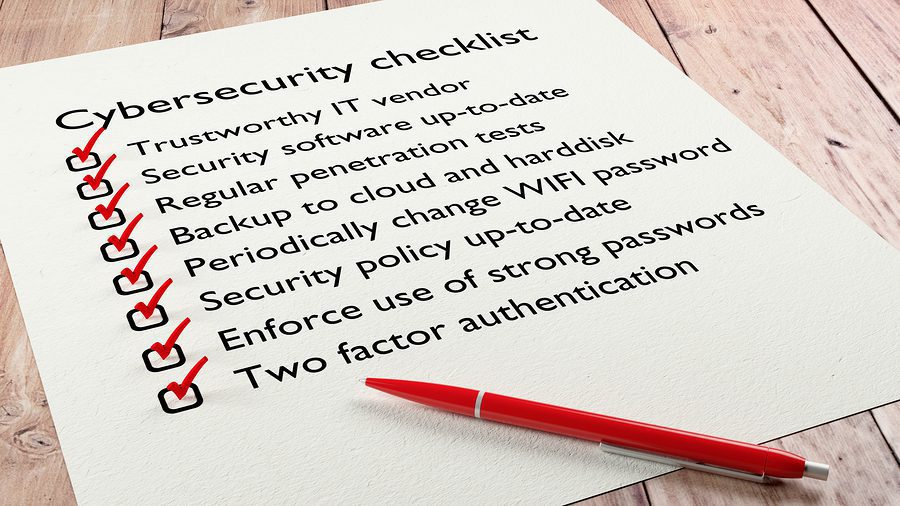Cyber Security Best Practices: How to Keep Your Information Secure

A hacking attempt is registered every 39 seconds, and the average cost of a data breach to U.S companies is $8.19 million. These startling numbers show just how serious poor cyber security practices can be. Whether you’re operating a startup or a multinational organization, keeping your information secure should be a top concern.
Data breaches come in many different forms. From phishing attempts disguised as internal messages to malware hidden in email attachments, companies should be aware of these risks and how to mitigate them. Cyber security best practices provide a framework that you can follow to prevent your data from being hacked.
Backup Regularly
The first step to protecting your data is being able to access it when necessary. Some types of cyber security threats (such as ransomware) prevent you from accessing your company’s data when you need it most. You can limit such threats by backing up regularly. Data backups allow you to recover faster after suffering from an attack. Furthermore, you’ll be able to minimize losses and reduce the associated downtime.
There are many ways of backing up your data. Cloud backups are cost-effective, easy to carry out, and accessible at a moment’s notice, however, you should also keep physical backups of critical data in the event that your cloud infrastructure is also compromised.
Use Strong Passwords
Weak passwords are an easy way for hackers to access your systems. You’d be surprised by just how much proper password management can help. Make sure you develop and use strong passwords for your corporate accounts. A strong password typically contains 6-10 characters, a combination of numbers, characters, and symbols, and phrases that aren’t easy to guess.
You should also avoid using the same password across multiple accounts. If you’re protecting very sensitive information (such as credit card data or financial records), consider using two-factor authentication. This involves the use of a secondary device to ensure that someone who has your password doesn’t gain unauthorized access.
Don’t Access Sensitive Data Over Unsecured Networks
Unsecured networks (such as public Wi-Fi) can be dangerous when accessing sensitive information. Such networks are easy to hack, and attackers often wait for people to share sensitive data through these channels. Cyber security best practices involve making sure that your employees don’t access business accounts through public Wi-Fi. You may also choose to restrict access to critical information if an unknown network is being used.
Limit Data Access Offline
Cyber security best practices also applies to offline data. Your company should have a robust IT framework that spells out how information is handled. For example, set access limitations for file cabinets, don’t store everything in one place, and monitor employee printing. Physical applications for credit cards, financing options, and other related services should also be shredded after use.
Encryption
Data encryption can be a lifesaver if you end up falling victim to a hacking attempt. When your data is encrypted, it exists in an unreadable form that hackers can’t easily access. Think of it as an additional layer of security for protecting sensitive information. Credit card data, customer names and addresses, and financial records should always be encrypted.
Data Destruction Services
Best practices for data security also involves partnering with a data destruction company that has the ability to destroy old electronic devices as well as securely shredding physical data. AccuShred provides peace of mind to our clients with a variety of expert data destruction services.
With the above cyber security best practices, your company will be in a better position to avoid hacking attempts and protect sensitive information. Contact us today to learn more about how we can help protect your company’s sensitive data.








